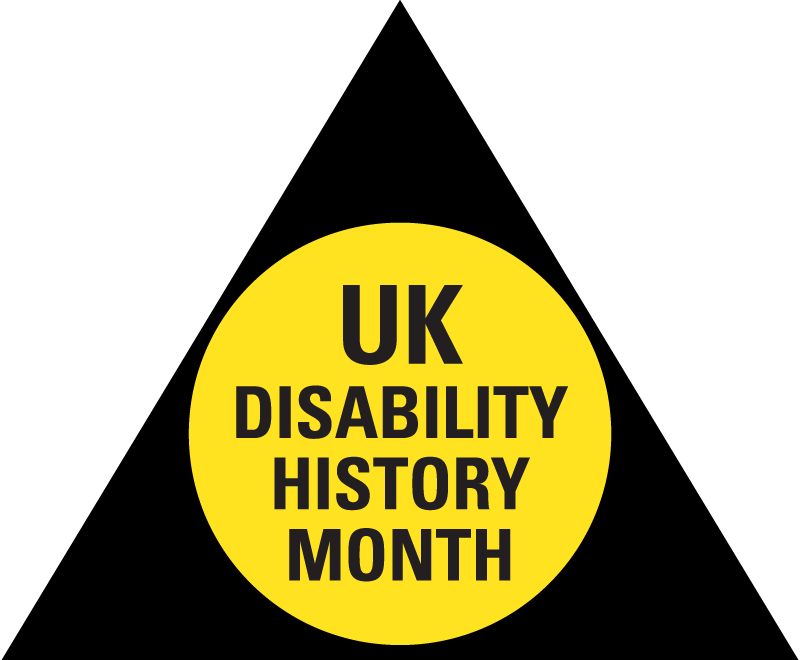Disabled husband and wife James and Lucy Catchpole team up with illustrator Karen George on new picture book You’re So Amazing, a sequel to the critically acclaimed What Happened To You? Kate Lovell reviews on Disability Arts

“I don’t know how you do it”, “You’re so brave”, “You’re such an inspiration” – what do these phrases have in common?
They’re all virtually guaranteed to rankle if you lob them, unwanted and unwarranted, at a disabled person going about their everyday life, trying their hardest to mind their own business if only the rest of the world would allow them to.
Every disabled person with visible signifiers of impairment or difference will have experienced the approach of a total stranger, ready and willing to inform them that they are ‘incredible’ on their local trip to the shops. Or they will have been lauded as an inspiration, for nothing more than rolling out of bed each morning.
Disabled activist and lawyer Stella Young famously refers to being nominated for a community award in her home Australia for doing, well, very little other than existing. In her TED talk, I Am Not Your Inspiration Thank You Very Much, Young coins the term ‘inspiration porn’ to refer to the phenomenon of disabled people’s everyday business being exploited as a way for non-disabled folk to feel better about their own lives, and which sets the bar of expectation for disabled people’s achievements insultingly low.
This is ableism in one of its most insidious forms. Not outwardly malicious, but totally dangerous in creating a pervasive culture of rock-bottom belief in what disabled people are capable of and the subsequent erosion of self-esteem.
And of course, this ableism begins in childhood and is internalised from the get-go. This is why James and Lucy Catchpole’s new release, You’re So Amazing, a picture book aimed at younger children, is a crucial contribution to literature for pre- and primary-schoolers.
You’re So Amazing is the anticipated sequel to What Happened To You? in which we met Joe, a young boy with one leg who spends the first book frustrated by having games interrupted by peers asking, “What happened to you?”. Joe returns as protagonist, along with his friend Simone, who begin the story by happily playing their favourite pirate-based imaginary game in the park. But their fantasy bubble is quickly popped by the interference of older children and parents staring open-mouthed at Joe’s play, exclaiming their amazement at his ability to climb on play equipment or swing on monkey bars.
A particularly biting moment comes when the ice-cream van owner yells “That kid is INSPIRING!” when Joe is ‘just scratching his bottom’.
The comments come from children and adults alike. The book provides a stimulus for the adults reading to remember how their own behaviour informs that of the children they influence, as parent, guardian or teacher. It’s also a gentle lesson for non-disabled children in the things to consider when interacting with disabled peers. Most importantly of all, perhaps, it’s a story that allows disabled children or the children of disabled parents an opening to explore, consider and understand the real-world experiences of being stared at, commented on, and having expectations projected onto them.
You’re So Amazing perceptively tackles a side of ableism that is easily overlooked because of its presumed ‘positivity’. Within relatively few words, alongside elegantly flowing and expressive illustrations by Karen George, the Catchpoles convey a complex topic with a dexterous lightness of tone and clarity. Joe doesn’t always want to be in ‘The Joe Show’ – most of the time he just wants to be Joe. You’re so Amazing is a pertinent reminder that this is more than okay; that disabled people have the right to exist without comment, expectation, or to be anyone’s inspiration. Another must-have picture book for the shelves of school libraries and bedroom bookcases everywhere.
